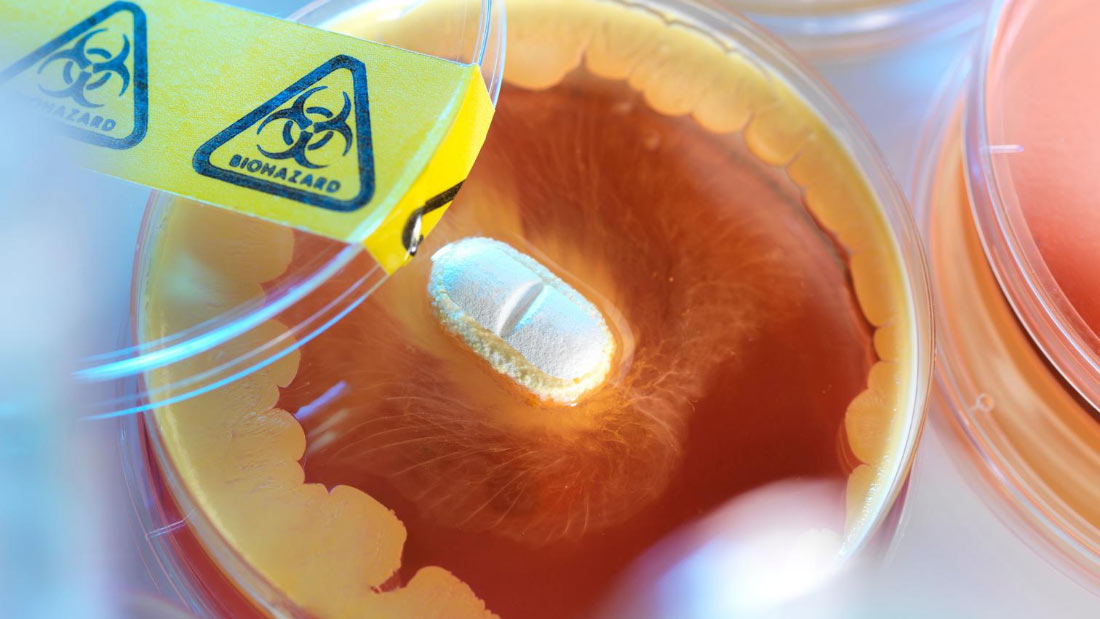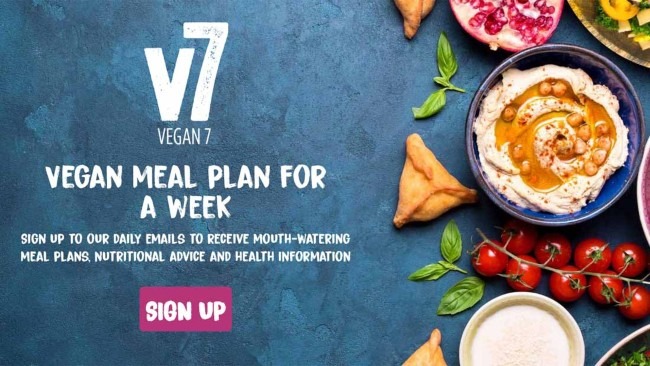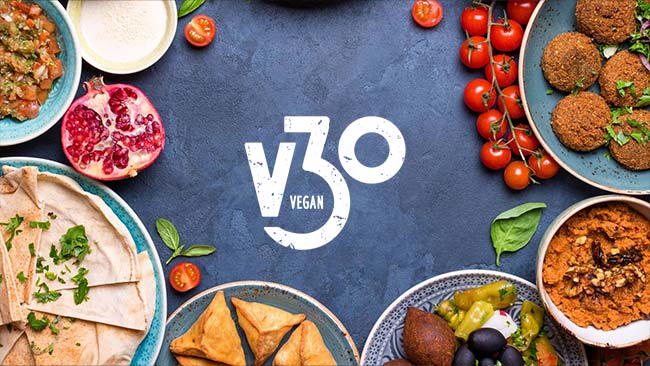Antibiotic-Resistant Superbugs

Factory farms are the ideal breeding grounds for deadly bacteria that are constantly evolving. Farmers know this and it’s why they use antibiotics not just to treat sick animals but also to prevent the spread of diseases. In some countries, they are even used as growth promoters – this practise was banned in the EU in 2006.
Farmed animals are often given antibiotics as prevention – shockingly, it’s estimated that worldwide, 80 per cent of all antibiotics are used on livestock (Haskell et al., 2018). This massive use of antibiotics has a dangerous side-effect – bacteria develop antibiotic-resistance. It means that if you’re infected by antibiotic-resistant bacteria, your illness will be difficult or even impossible to treat with the medicines we have and could end up being fatal.
One example is MRSA – an antibiotic-resistant type of Staphylococcus aureus. MRSA first appeared in Belgian cattle, later at Dutch pig farms and has since spread to farms across Europe, North and South America, Asia and North Africa. It is found in pigs, cattle, horses, poultry, sheep, rabbits, cats, dogs and many species of wild animals – and of course people too (Aires-de-Sousa, 2017). A recent study confirmed that MRSA is found at farms that routinely use antibiotics (Haskell et al., 2018).
Once bacteria develop antibiotic-resistance, they are difficult to control and can cause serious health issues, such as life-threatening sepsis. It develops when harmful bacteria get into the blood and do not respond to antibiotic treatment. In the UK, 46,000 people die of sepsis every year (Antibiotic Research UK, 2019). That’s five people dying from sepsis every hour in the UK and the numbers are rising (UK Sepsis Trust, 2020).
The overuse of antibiotics on livestock and fish farms and its dangerous consequences are well documented but with the sheer numbers of farmed animals, it’s difficult to control disease any other way (Mathew et al., 2007; Manyi-Loh et al., 2018). It seems our only option to limit antibiotic resistance and its threats is by switching to a vegan diet.
Cutting meat out of your diet is not just a healthy choice, it’s also an ethical and sustainable one. If you’re used to meals based around meat, the idea of going meat-free may be daunting but we’re here to help make it super easy! Try vegan!
Sign up to our daily emails for a week to receive mouth-watering meal plans, nutritional advice and health information.
If you want to try it for a month, sign up to 30 days of delicious vegan recipes, tips and product info… all free!
All about meat
Find all the above and more in Viva!’s hard-hitting scientific report Meat the Truth.






